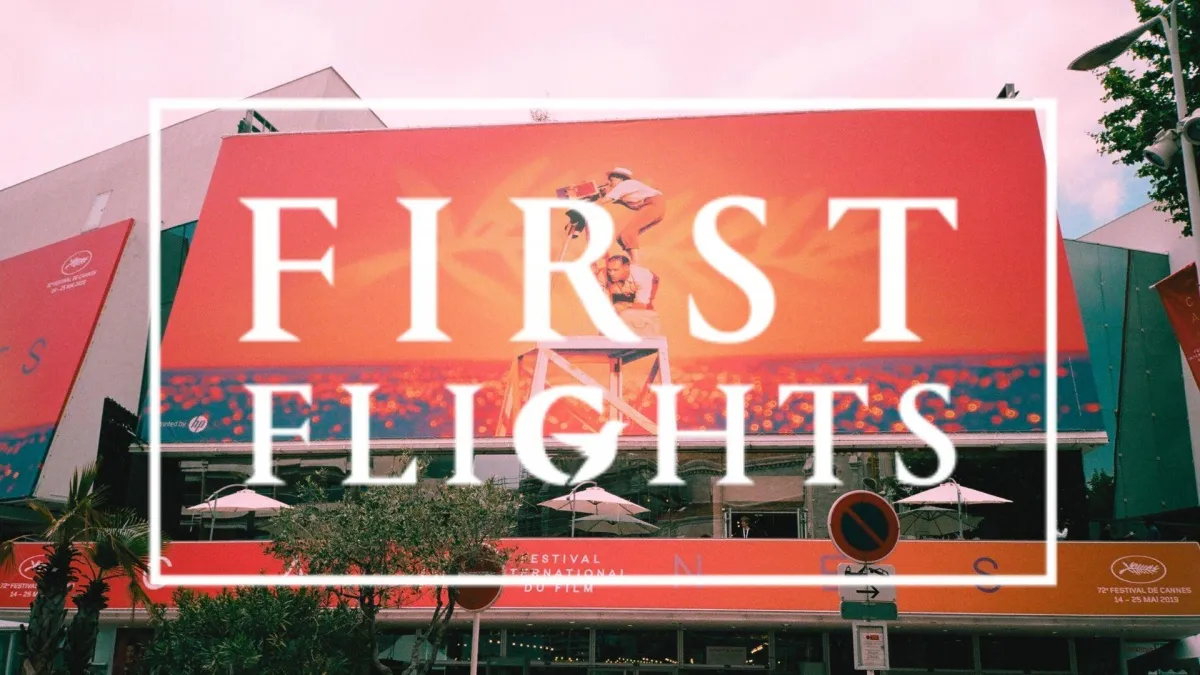FFA BLOG

5 Ways to Leverage Film Festivals for Marketing Success
Film festivals are not just celebrations of cinema-they are powerful platforms for filmmakers, brands, and event organizers to create buzz, build communities, and drive ticket sales. As a filmmaker who has navigated the festival circuit, I've seen firsthand how these events can establish early credibility that strengthens all subsequent marketing efforts. Here are five proven ways to harness the marketing potential of film festivals, supported by industry insights and real-world experiences.
1. Start Early with a Strategic Marketing Plan
Begin planning your marketing strategy 6–12 months before the festival. Early preparation allows for thorough audience research, brand development, and partnership building.
Review previous campaigns to identify what worked and what didn't, ensuring continuous improvement.
Build a dedicated marketing team with clear roles in social media, PR, and influencer management.

2. Utilize Multi-Channel Marketing
Combine digital and traditional tactics for maximum reach:
Social media platforms (Instagram, Facebook, Twitter) for visual storytelling, live updates, and community engagement.
Email marketing for targeted updates and ticket promotions.
Print materials (posters, flyers) in high-traffic local venues.
Local media partnerships for press coverage and interviews.
This multi-pronged approach ensures your message reaches diverse audience segments.
From personal experience, I recommend printing a small batch of flyers (around 50 is sufficient) featuring your film poster, screening times, contact details, and a QR code linking to more information about your work. These serve as portable "mini-hubs" for your marketing during the festival, and personally handing them out significantly increases the likelihood of follow-ups.
3. Harness the Power of Influencer and Community Marketing
Collaborate with influencers, especially micro-influencers and film critics with engaged niche audiences.
Engage digital communities and niche groups aligned with your festival's theme or featured genres.
The Venice Film Festival's partnerships with YouTube film critics exemplify how influencer collaborations can generate authentic buzz and reach millions.
One example is the presence of Formula 1 driver Carlos Sainz at the 2025 Cannes Film Festival who made a notable debut as a L'Oréal Paris ambassador. Dressed in a classic black suit and bowtie, Sainz walked the red carpet alongside actress Eva Longoria, drawing attention from fans and media alike. Sainz's participation highlights L'Oréal Paris's tradition of featuring diverse ambassadors at Cannes, celebrating beauty and talent. His presence at the festival underscores the intersection of sports and entertainment, bringing a fresh dynamic to the event's glamorous atmosphere.
4. Leverage Video and User-Generated Content (UGC)
Create festival trailers, behind-the-scenes videos, and filmmaker interviews to boost engagement.
Encourage attendees to share their experiences via photo contests and hashtag campaigns.
The Tribeca Film Festival's #TribecaStories campaign generated thousands of organic posts, amplifying the festival's reach and authenticity.
5. Highlight Unique Selling Points and Special Events
Emphasize what sets your festival apart-exclusive premieres, Q&A sessions, awards, or community impact.
Promote these features across all marketing channels to give audiences compelling reasons to attend.
Showcasing diversity, local talent, and interactive experiences can differentiate your festival in a crowded market.
Beyond Screenings: The Hidden Marketing Opportunities at Festivals
What many filmmakers overlook is that major festivals like Cannes, Berlinale, and HollyShorts have sales markets running alongside them. These events offer essential opportunities not just for showcasing films but for meeting distributors, sales agents, and attending panels where you hear directly from key industry players.
Simply having your film screened at a festival gives you a powerful "in" to conversations. When networking, you can immediately talk about your project, invite people to your screening, and use the festival setting as a natural icebreaker. If you're targeting specific industry players, being able to personally invite them to your screening can make a significant impression.
One often-missed opportunity is connecting with festival programmers and panelists after their sessions. Many filmmakers feel intimidated, but in reality, festival programmers are passionate film lovers who enjoy meeting new talent. Even a simple, genuine introduction about who you are and what you're working on can make a big difference. These personal relationships often prove just as valuable as the screening itself.

Real-World Example: The Tribeca Film Festival
Tribeca Film Festival is a standout example of effective festival marketing:
It uses a year-round video content calendar, including filmmaker interviews and highlight reels, to maintain audience engagement.
The festival's "Street Stories" UGC campaign encouraged attendees to share their festival moments online, significantly expanding its digital footprint.
By combining influencer partnerships, targeted email marketing, and community-driven content, Tribeca has built a loyal following and strong brand identity.
Common Questions & Answers
Q: How far in advance should I start marketing my film festival?
A: Ideally, begin planning and executing your marketing strategy 6–12 months before the event to allow for thorough research, content creation, and partnership development.
Q: Which social media platforms are most effective for film festivals?
A: Instagram and YouTube are particularly effective due to their visual nature, but Facebook and Twitter are also valuable for event updates and community engagement.
Q: How can I market my festival on a limited budget?
A: Focus on word-of-mouth marketing, leverage user-generated content, partner with micro-influencers, and use low-cost digital tools like email newsletters and targeted social media campaigns.
Q: What makes a film festival's marketing campaign stand out?
A: Unique selling points such as exclusive premieres, interactive events, and community impact stories, combined with authentic influencer and UGC-driven campaigns, help a festival stand out.
Q: Why is email marketing still important for film festivals?
A: Email marketing allows for personalized, segmented communication with different audience groups, driving higher engagement and ticket sales compared to generic messaging.
Q: How important are festival awards for marketing?
A: Winning awards or even receiving an official selection can significantly strengthen your marketing position when approaching sales agents, distributors, and future collaborators, establishing credibility that carries forward long after the festival ends.
By implementing these strategies, film festivals can maximize their marketing impact, attract larger audiences, and create memorable experiences that resonate long after the final screening. And for filmmakers, the strategic networking and relationship-building opportunities at festivals often prove just as valuable as the screenings themselves.
Studio 202 | Mainyard Studios | 280 Mare St | London | E8 1HE | UK
+44 7360 268742
hello@futurefilmacademy.com
www.futurefilmacademy.com

